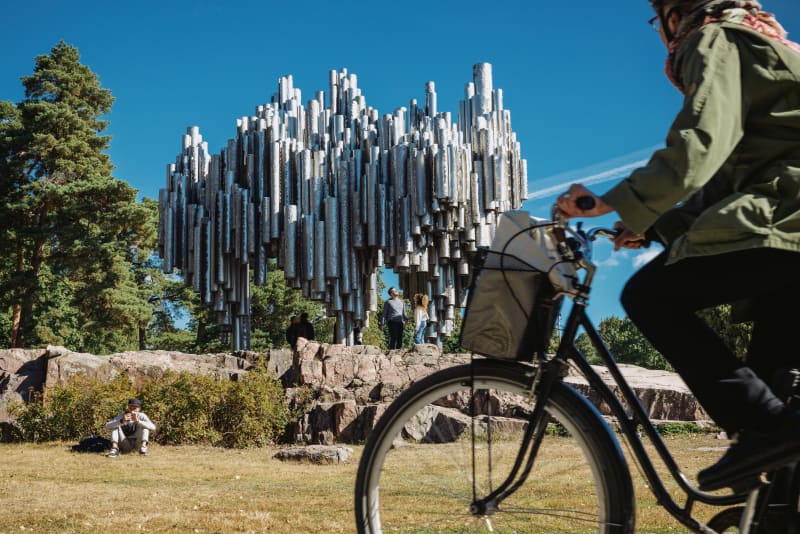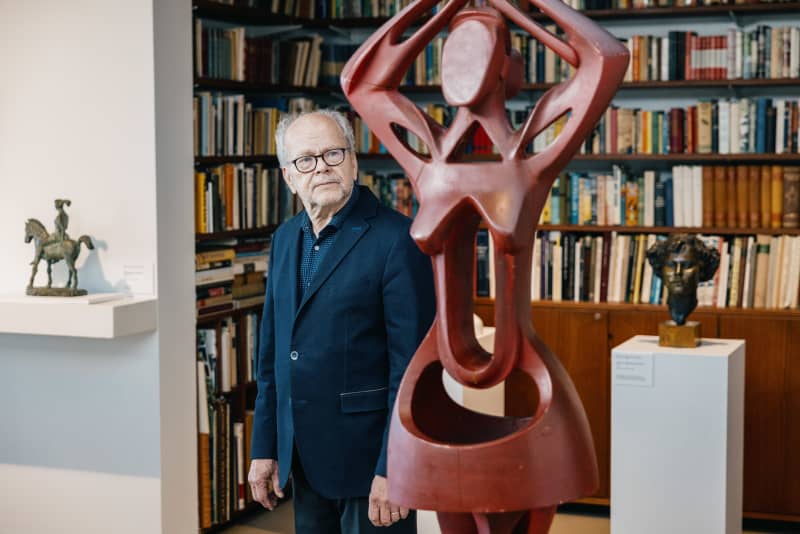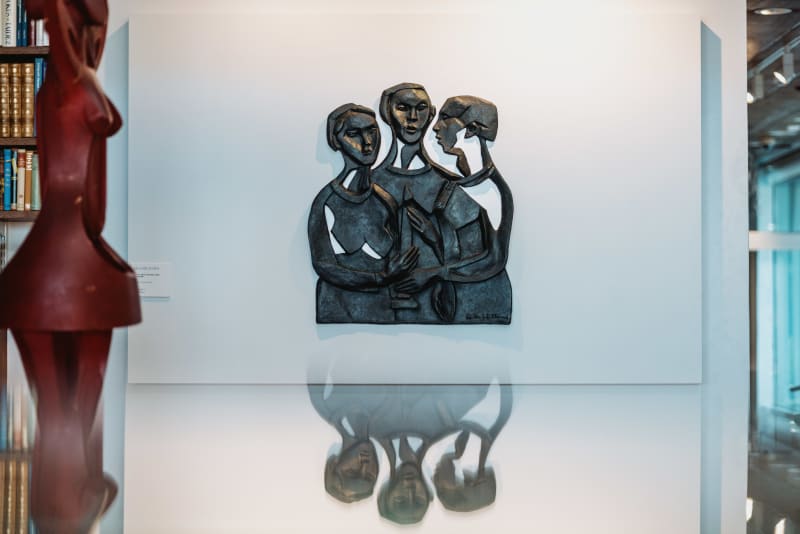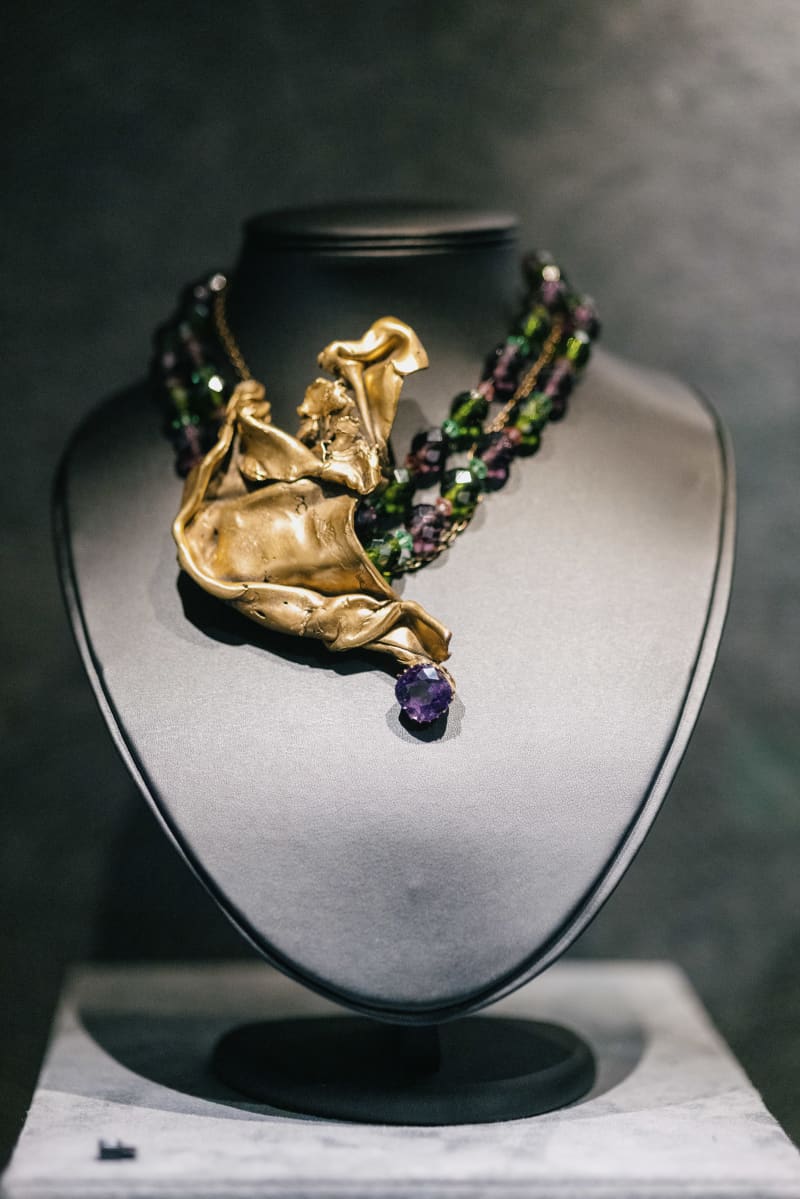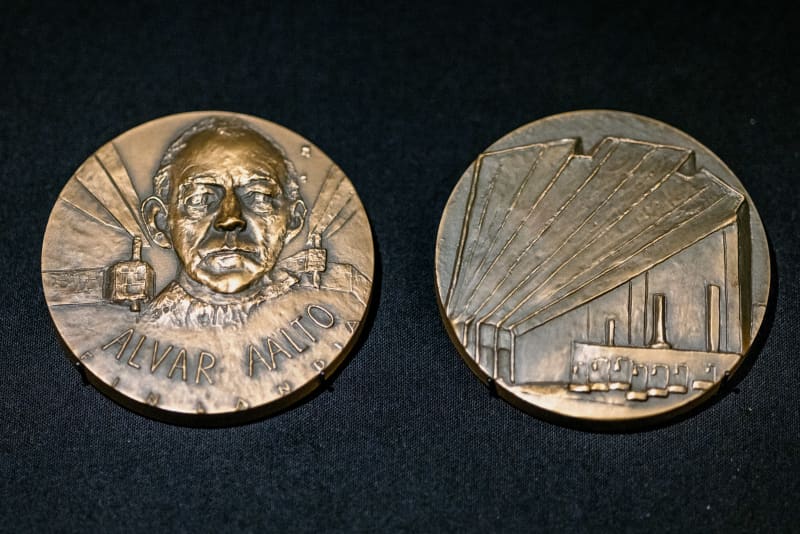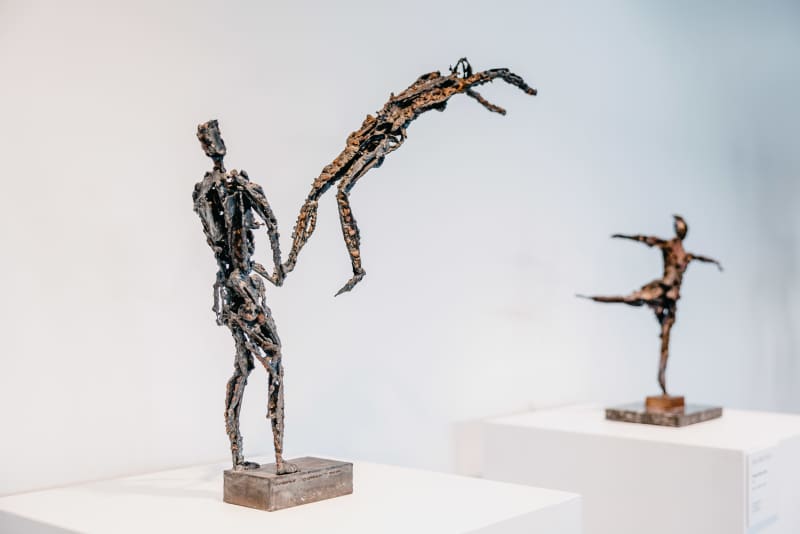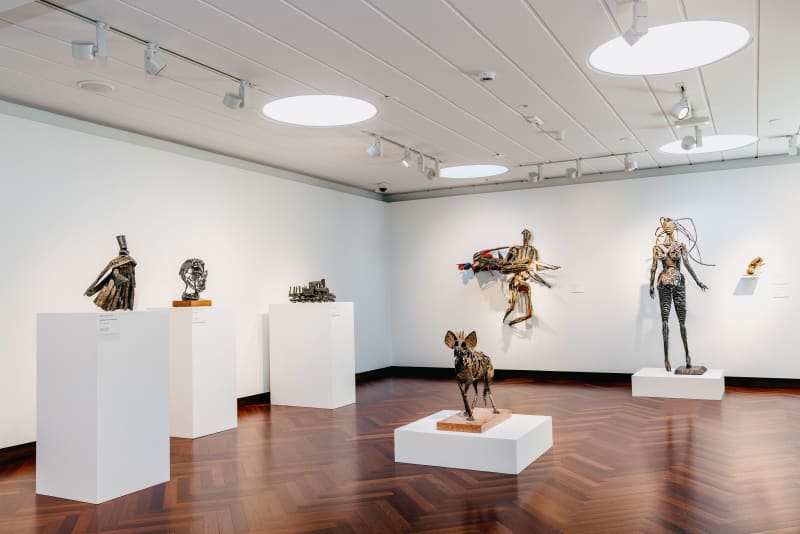An exhibition celebrating the sculptor’s 100th birthday is open at the Didrichsen Art Museum in Helsinki.
Since its completion in 1967, it has been one of the most popular and photographed tourist attractions in Finland.
The sculpture weighs 24 tonnes and contains more than 600 steel tubes. The monument is 8.5 metres high, 10.5 metres long and 6.5 metres deep.
– My mother wanted it to be a cathedral-like work that you could go under and feel like you were inside.
The Sibelius monument received criticism and opposition. It was barked as a tin shack and an organ pipe. A traditional visual work of Jean Sibelius would have been desirable, from which the national composer can be recognized.
The sculpture was a lot of work, and it took a total of six years to complete. Markku Pietinen states that the process of years was difficult for his mother.
– It was very tough. Then welding and poor working conditions took away his health. He developed chronic bronchial asthma from breathing welding gases.
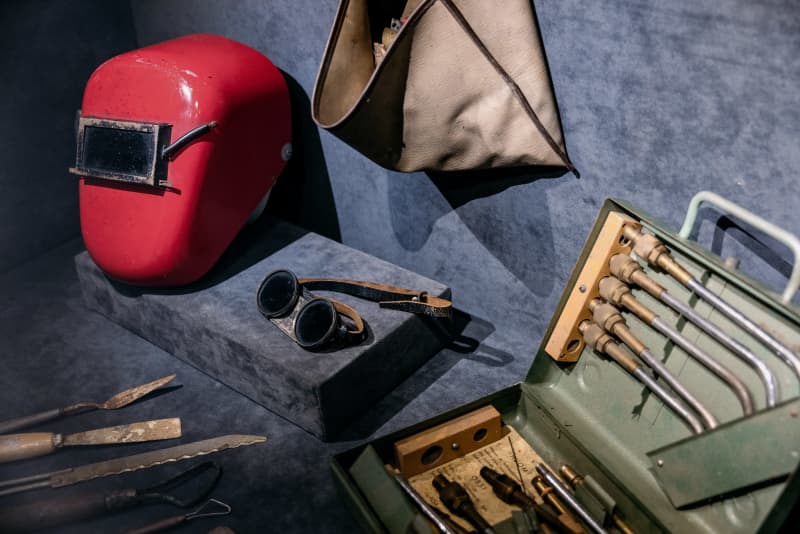
Sculptor Eila Hiltunen was much more than his most famous work. The 100th anniversary exhibition of his life’s work at the Didrichsen Art Museum in Helsinki tells about it.
It is the largest presentation of the artist’s works in over twenty years.
The exhibition features sculptures, medals, jewelry and sketches, some of which are on display for the first time.
The works are from the museum’s own collections as well as domestic museum, foundation and private collections.
– He took his audience. He was very bright and impulsive, downright domineering. In addition, he had a strong will and a vision of what needs to be done, says Markku Pietinen.
Work came before everything else, including family.
– Art was definitely the most important thing for him. Art went first and family followed.
– But not terribly far, Pietinen adds with a laugh.
Hiltunen was a pioneer in welding technology.
He called the sculptor \”the poet of matter\”.
The artist described the rapture from the work as a \”tiger moment\ when he felt he was rising and merging with the universe.
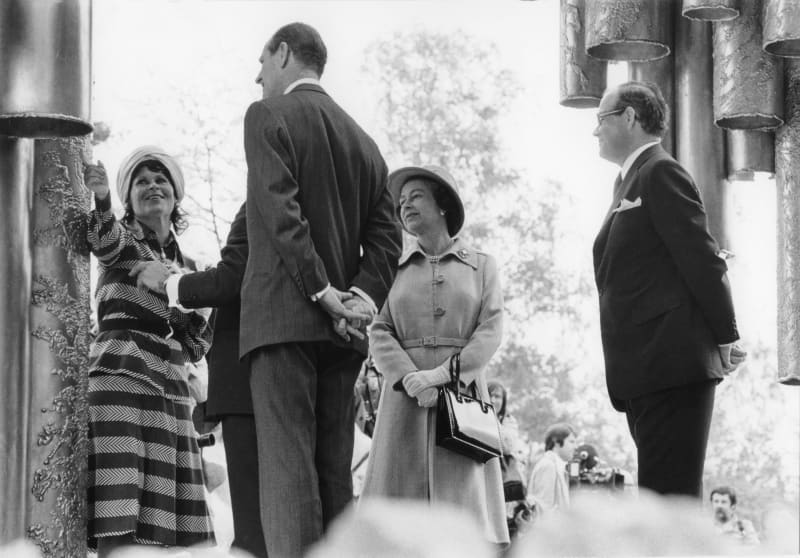
Queen Elizabeth II of England, who died in Balmoral Castle on September 8, visited Finland with her husband Prince Philip in 1976. Their program also included a visit to the Sibelius monument.
The work was presented to the distinguished guests by Eila Hiltunen.
Hiltunen was a trailblazer
The sculptor was one of the most international artists of his generation. His works are exhibited in France, Canada, USA, Iran, Saudi Arabia, Germany and Italy.
– He worked purposefully from the late 1940s to the early 2000s. The passion for art was so great that he continued to work until the end of his life, says Iiris Markkola.
In a male-dominated group of sculptors, Hiltunen belonged to the minority because she was a successful sculptor.
Markku Pietinen calls his mother a front fighter.
– She was a kind of natural feminist and a pioneer of female artists.

